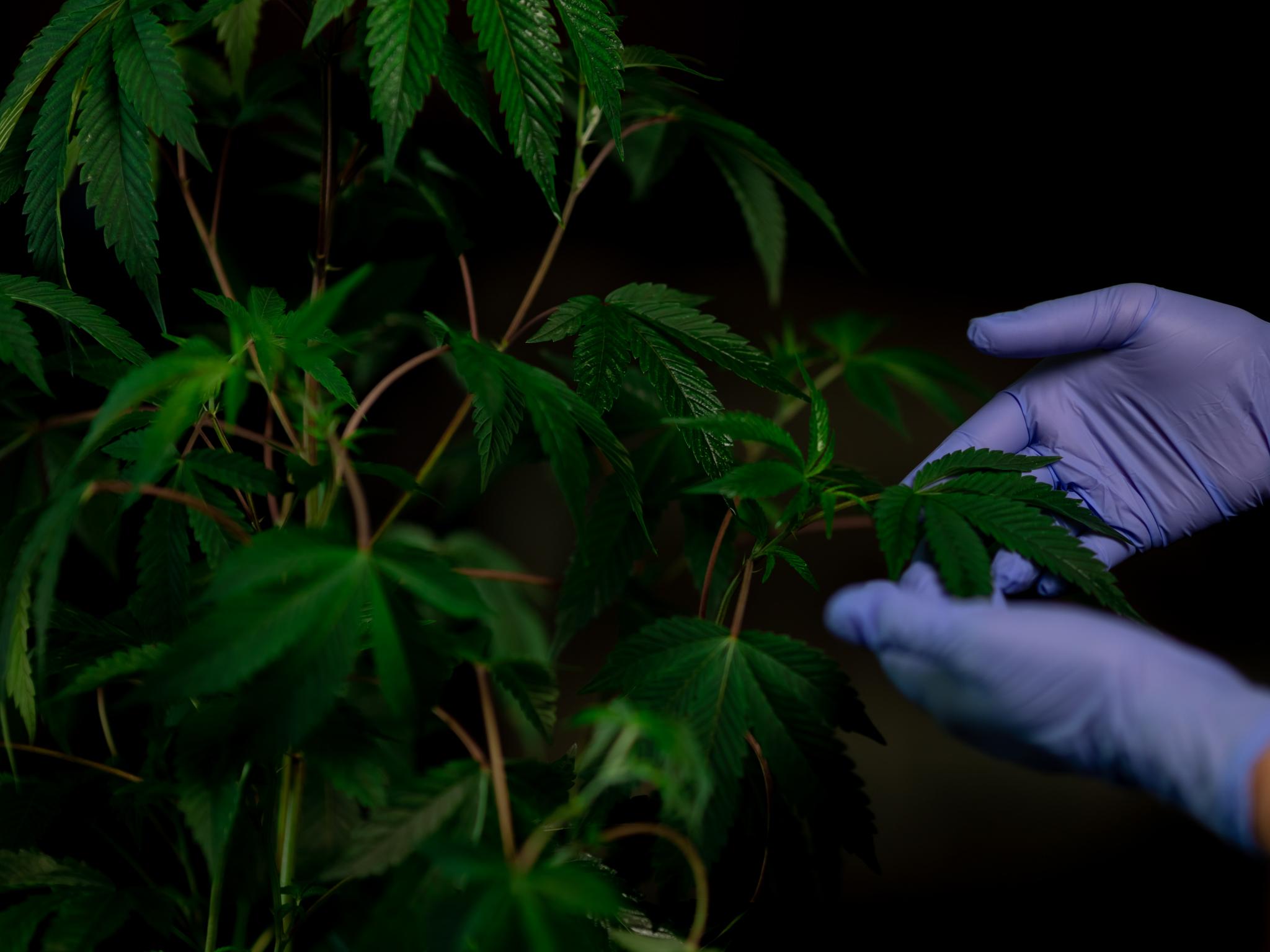
The family of Lorna McMurrey, who died at a licensed cannabis facility in Holyoke, Massachusetts, spoke to a local NBC station on Thursday.
Laura Bruneau, McMurrey's mother told NBC10 Boston Investigators that she received a text from her daughter around 12:30 p.m. on Jan 4 saying she was having trouble breathing and walking at the same time. Bruneau rushed to the facility where first responders had already arrived and were putting her daughter into an ambulance.
McMurrey, 27 had been working the night shift in the Trulieve (OTC:TCNNF) facility where she was grinding and packaging cannabis into prerolls. She had complained of breathing difficulties due to the cannabis kief (cannabis dust) in the room.
According to reports acquired by the TV network, emergency workers responded to a report that a person was in cardiac arrest. McMurrey’s mom confirmed Lorna spent four days on life support at Baystate Medical Center. She died from cardiac and respiratory arrest from a presumed severe asthma attack, according to McMurrey’s death certificate.
"I miss her so much. I never want to see anybody go through what I've had to go through," Bruneau said.
"I sat out there holding her hand four days on that machine just hoping, hoping that she'd come back," said Bruneau. “I lost my everything, like, my whole world. I don't even know how I made it this far without her."
McMurrey’s family noted that Lorna smoked cannabis from time to time, but that she shown no signs of asthma before starting to work at Trulieve, one of the biggest multi-state cannabis operators in the U.S. Her mother confirmed another incident that occurred two months before Lorna's death, in which they realized she was developing asthma.
"That's where it all came out that she was developing asthma, and she had never had any breathing problems through her whole life," Bruneau said. "She took her concern to the supervisors."
Reporters asked Bruneau why McMurrey, 27, didn’t quit. Bruneau replied that it's not easy to find a job and that her daughter was earning a decent salary and liked working at the facility.
So far, the only official document in the case is the Occupational Safety and Health Administration (OSHA) report that states the case is still open, meaning the content is subject to change. According to the report, Trulieve committed three “serious” violations assessed by OSHA for which it paid fines totaling $35,219.
OSHA also reported that Trulieve employees did not have enough information and training on the dangers connected to the production and grinding process and that McMurrey died from occupational asthma due to exposure to ground cannabis.
Trulieve is contesting OSHA's findings. A company’s spokesperson told NBC10 that PPE was available to workers and that OSHA tests had determined that air quality throughout the facility tested below acceptable ranges.
Danny Carson, McMurrey’s former supervisor recently denied Trulieve’s statement that the workers had protective equipment available to them. He said the masks at their disposal were for COVID prevention and were not respiratory masks made especially for industrial jobs and the type of work being done at the facility.
Safety Should Be Paramount
Democratic Senator John Velis said that workers' safety should be a priority in any industry.
"Obviously I'm concerned," he said. "I know that the company is, I guess 'refuting' might be the right word, some of the findings of OSHA, so I want to sit back and see where that goes. But obviously, on any worksite, what is absolutely paramount is the safety of the employees."
The OSHA report also stressed that even though cannabis is a relatively new industry, studies have shown workers are at risk for developing allergies to cannabis that are hard to control. The Massachusetts Cannabis Control Commission is also investigating the incident.
‘They Killed My Friend’
Carson said there were problems in the company's corporate culture and workers in lower positions were afraid to speak up, even about issues concerning their own safety.
“I was screamed at by my boss and told to stay in my lane when I caught someone stealing cannabis product from the facility,” he said. That was when he quit the job.
When asked if he signed a non-disclosure agreement preventing employees from speaking publicly about delicate matters, Carson said that he might have, but...“they killed my friend.”
Photo: Courtesy of Kindel Media by Pexels







